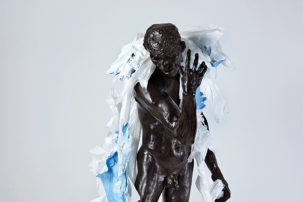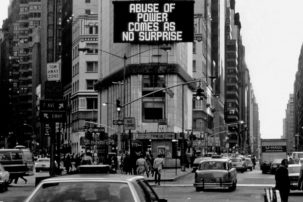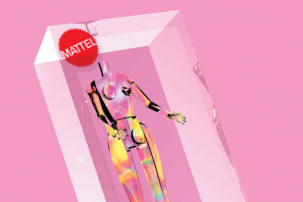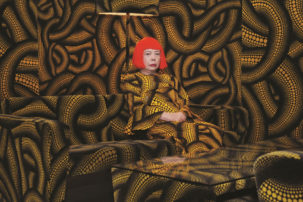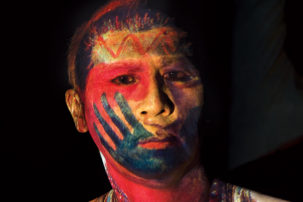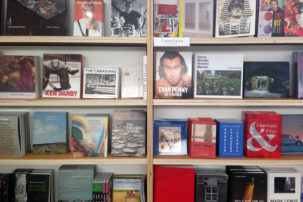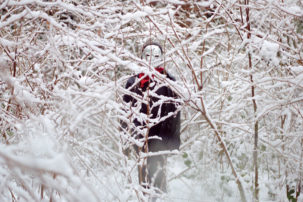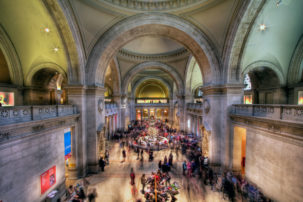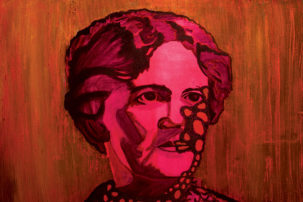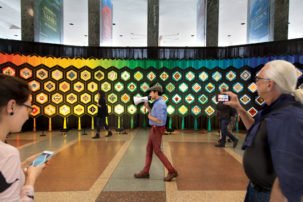Essays
On the Life and Death (and Life) of Dancemakers
In November, the board of directors at Dancemakers said it would close, after a 46-year run. Then in February, a new board took the reins, with a new, in-process vision
On the Life and Death (and Life) of Dancemakers
In November, the board of directors at Dancemakers said it would close, after a 46-year run. Then in February, a new board took the reins, with a new, in-process vision
Dirty Words: Labour
Technicians and installers are central to an art institution’s function. Why are they so often rendered invisible?
Dirty Words: No
Those identified as women, in particular, are often told to just say no; they are also told, in actions and in art, that their no means nothing
Dirty Words: Representation
The visibility of trans women in the arts has vastly increased in the past half-decade, but the sense of freedom has not.
So What If Art Selfies Are Narcissistic?
As a big Yayoi Kusama show opens in Toronto, selfie-shaming is also in the air. But the fact is, selfies are vital to situating people of colour within largely white art institutions
Moving through Grief
Art that eulogizes is more than memory-keeping—it is an act of survival.
Art Book Publishing in Canada Takes a Hit
What’s the future of Canadian art catalogues in the wake of Black Dog Publishing’s recent bankruptcy?
Land, Body, Reciprocity
Lacie Burning’s work acknowledges the reality of internalized colonialism and its effects on Indigenous acts of sovereignty.
Canada’s Admissions-Fee Problem
When New York’s Met Museum hiked admission fees, an outcry ensued. Where are the dissenting voices north of the border?
Settler Structures of Bad Feeling
Three Indigenous artists highlight the entangled connections among colonialism, sickness and contamination.
An Accessibility Manifesto for the Arts
Let’s try thinking of accessibility as a creative, long-term process. It’s not just about the built environment, but about ideas of agency and power

